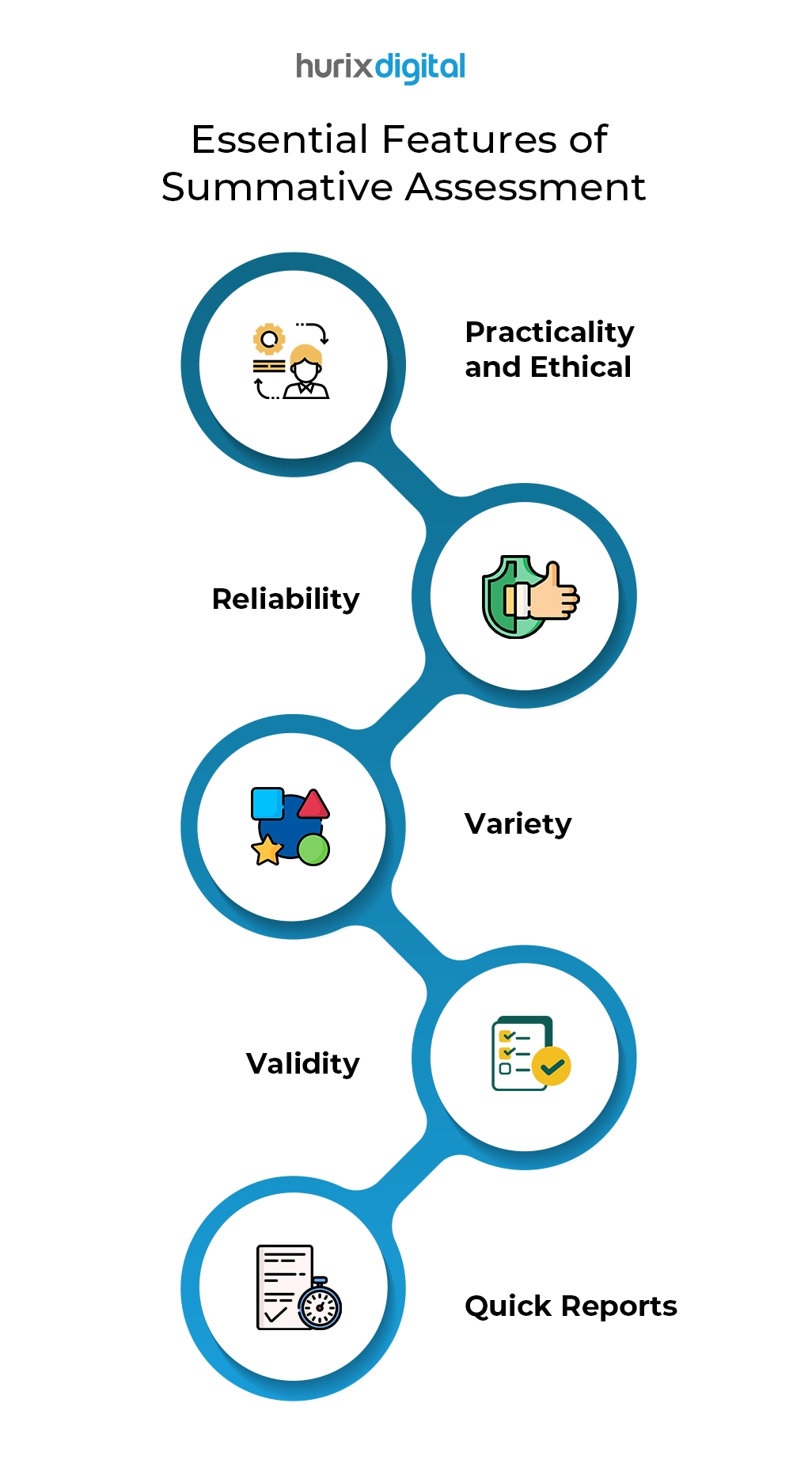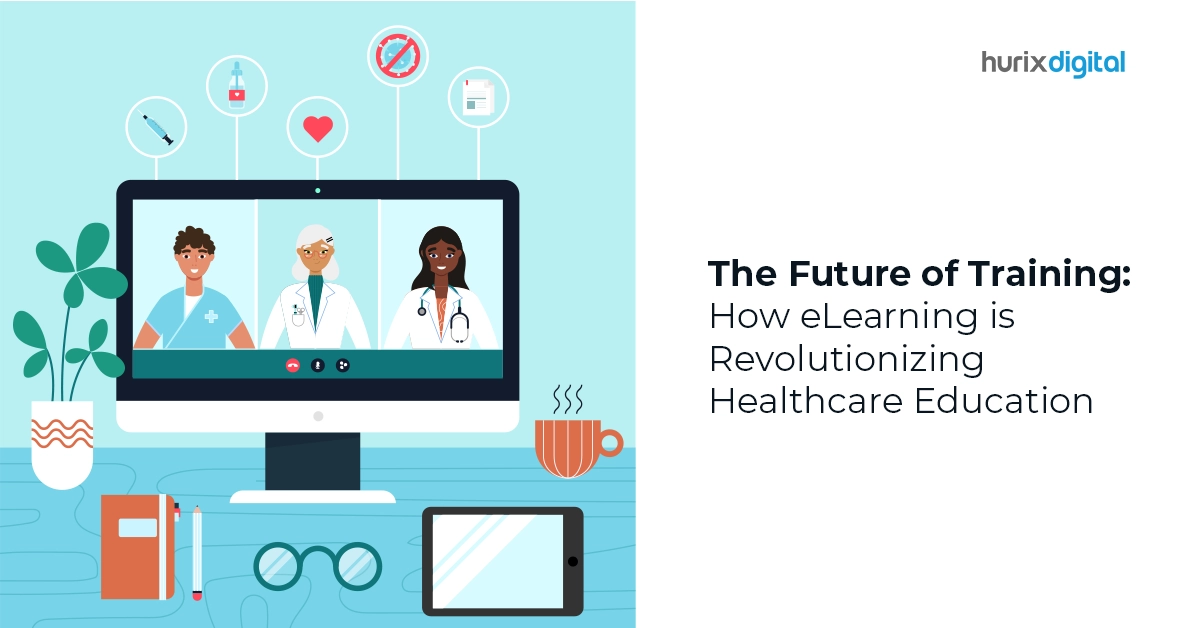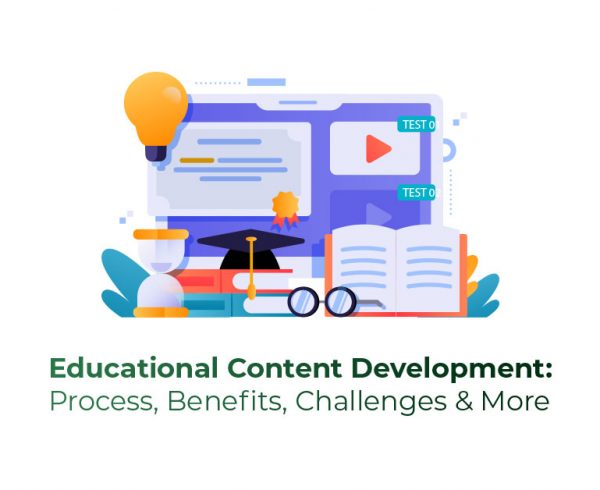All teachers, administrators, exam supervisors, and lecturers are familiar with the term summative assessment. From weekly quizzes to annual examinations, summative assessments are the most effective ways to examine a student’s progress.
Table of Contents:
- What is Summative Assessment in Education?
- Importance of Summative Assessment
- Essential Features of Summative Assessment
- Examples and Types of Summative Assessment in Higher Education
- Wrapping up
Summative assessments not only establish the developmental patterns of students but also provide actionable insights to educators. However, they require a significant investment of time from students and educationists.
Having proper knowledge about the types of assessment in higher education can go a long way in conducting the assessments in an improved and efficient manner. Let’s discuss summative assessments in detail to understand how you can analyze your student’s abilities and maximize their inner potential.
What is Summative Assessment in Education?
A summative assessment is usually conducted at the end of a study course or training program to evaluate the learner’s acquired proficiency and knowledge against a pre-determined benchmark or standard. Comprising grading rubrics and clear instructions to assess how much the student has learned and retained, the stakes for this method have a high point value.
Under this type of assessment, it is challenging for the instructor to provide personalized feedback on students’ performance. However, the results are significant enough to analyze students’ strengths and weaknesses. Nowadays, teachers can access several online summative evaluation tools to get better results and make better strategic learning decisions.
Read Also: Why Higher Education Institutions Need an Education Services Company
Importance of Summative Assessment
Standard-driven instructions play a crucial role in today’s education system. Summative assessments provide an important benchmark to track the progress of institutions and students, thereby aiding the evaluation of the country’s educational program as a whole.
Such types of assessment in higher education contribute significantly towards upgrading the overall curriculum planning. Whenever the evaluation data indicates a gap between student understanding and learning targets, institutions may resort to new learning criteria and enhanced curriculum planning to analyze and maximize their educational attainment levels and efficacy.
Essential Features of Summative Assessment

1. Practicality and Ethical
The summative evaluation processes are practical, flexible, and calculable. They are well-aligned, which makes it simple for the instructor to incorporate them into a training program. Summative assessment promotes clear learning and teaching boundaries. The instructor is required to receive students’ consent before implementing this method.
2. Reliability
Being a standardized method of knowledge-based assessments, summative evaluation provides reliable and exact results. With the help of a well-defined process, it is easier to reveal a student’s capability in a field. It also provides consistent and accurate outcomes when used in relevant contexts.
3. Variety
Students are encouraged to exhibit their knowledge and skills in several ways under the summative evaluation method. You need to keep in mind that this method is used for an identified purpose, and it is limited to the material shared during the training or course.
4. Validity
Always remember that summative assessment examines the students’ skills in a particular subject matter in line with the objectives and learning goals of the training or course. For instance, an engineering course includes practical tests and experiments to evaluate students’ knowledge of core topics.
5. Quick Reports
As the main idea behind summative assessment is to check students’ progress, there is always a summarized report of results after the examination ends. This helps the instructors to compare students’ past and present performances.
Hurix Mini-Book:
The Paradigm Shift in Higher Education with Curriculum Development
Examples and 5 Types of Summative Assessment in Higher Education
1. Standardized Admission Tests
Higher education institutions conduct these tests for students to qualify them for a specific program or course. Based on pre-determined cut-off marks and the student’s performance on the test, they are granted admission to the desired program.
For example, TOEFL and IELTS are standardized English proficiency tests that determine a student’s language skill levels. Usually, these types of assessments in higher education are conducted on a large scale, and they utilize explicit scoring criteria for allotting grades.
2. End-of-Term Exams
End-Of-Term examinations are one of the most common methods of assessment and evaluation in higher education. These exams have a simple structure – the instructor formulates relevant questions, and the students submit their answers within a specific interval.
They not only help teachers assess students’ subject matter knowledge but also provide quantitative results, allowing teachers to grade students and determine their success rate. What’s more, teachers can avoid the heavy workload attached to paper assessments by leveraging online test platforms to conduct the assessments.
3. Oral Tests
If you want to get spontaneous and real-time responses from students after a specific course or program, then the oral summative test is an ideal option. You can use unstructured, semi-structured, or structured interview approaches to assess students’ progress.
Many teachers conduct oral tests on various topics in classrooms to analyze students’ understanding of the subject matter. The type of questions asked during oral tests depends on the kind of interview method you embrace.
4. Formal Essays
What can be better than formal essays to determine students’ perspectives and thought processes? Promoting essay writing skills helps students explain their ideas and understanding of any topic.
It is a great way to evaluate their level of knowledge regarding a particular concept. Formal essays allow them to argue for or against a topic, narrate their learning experiences or explain their understanding of a subject matter in descriptive prose.
5. Group Projects and Practical Assignments
Another excellent way to evaluate students’ knowledge is to assign them tasks within small groups. For example, a group task can help you evaluate how students develop a framework and solve a particular problem after training them on conflict resolution and teamwork.
Assigning practical projects to students for specific subjects, with precise and clear guidelines, gives teachers a direct chance to assess students’ abilities and skills in real-time. This is one of the key advantages of summative assessment, as instructors can determine learners’ strengths and give them constructive feedback.
Read Also: The Relationship Between Curriculum Development And Evaluation
Wrapping Up!
To sum it up, a comprehensive summative assessment examples offers valuable insights into where learners stand compared to their peers. Online assessment tools can open doors to a whole new world of adept performance and agile learning. They are a great way of transforming the learning and evaluation environment.
If you’re looking for higher education, eLearning, or training solutions, get in touch with HurixDigital today! Our team of experienced professionals can assess your digital content solution needs and guide you through the best path to success.
Frequently Asked Questions (FAQs)
1. How does summative assessment benefit educators and students?
A. Summative assessment offers insights into learners’ progress, helps educators identify gaps in understanding, and provides quantitative results.
2. What are the benefits of using online summative evaluation tools?
A. Online tools provide educators with better results and strategic learning decisions, making it convenient to assess and analyze students’ progress.
3. Can instructors provide personalized feedback in summative assessments?
A. While personalized feedback is challenging due to the nature of summative assessments, the results still offer insights into students’ strengths and weaknesses.
4. What distinguishes summative assessment from other types of assessment?
A. Summative assessment is typically conducted at the end of a learning period to evaluate overall proficiency, whereas formative assessment is ongoing and focuses on guiding learning during the process.
5. How do oral tests contribute to summative assessment?
A. Oral tests offer real-time responses, allowing teachers to assess students’ progress and understanding after a course.











